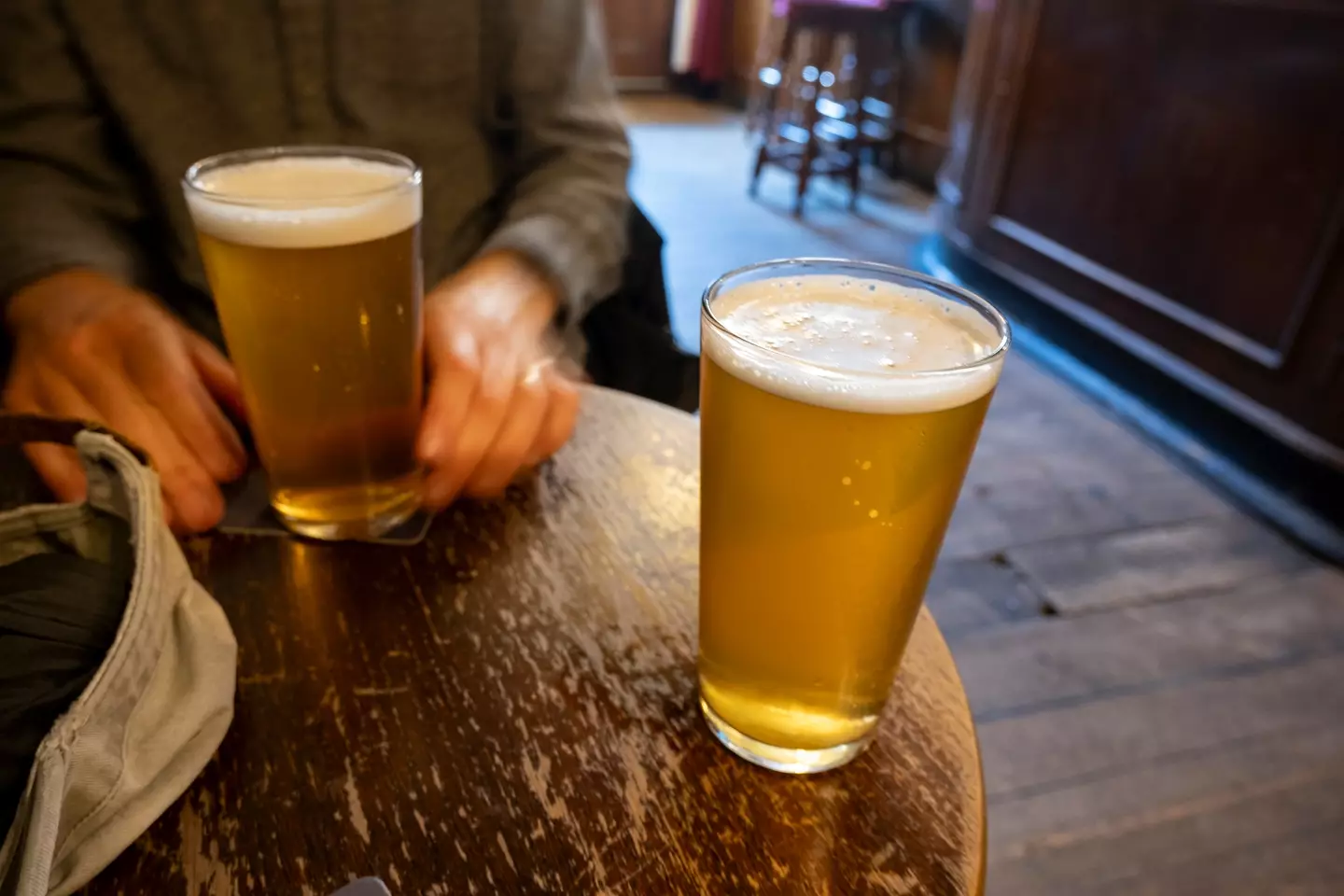Man shares the most significant changes he’s encountered two years after giving up alcohol

A prominent physician has opened up about his path to sobriety, expressing concerns that he might not have reached 40 if he continued his habits.He also discussed the time it takes for the body and mind to recover after completely giving up alcohol.
Dr. Alex George, originally from Wales, gained widespread attention after his appearance on the popular UK television show, Love Island, in 2018.
Following his stint on TV, Dr. Alex has dedicated himself to promoting awareness on important issues such as mental health and, more recently, living a life free from alcohol.
The 33-year-old detailed his two years of sobriety on his YouTube channel, @DrAlexGeorge. In the 30-minute video, he offered unexpected insights into the reality of quitting drinking for good.

Dr. Alex began by discussing how he found himself in his situation, noting that healthcare professionals often rely on alcohol to alleviate stress and pressure. Over six years, his relationship with alcohol deteriorated.
He shared: “It’s something that crept up on me and I didn’t really realize how much of a problem it was until I’d stopped drinking for about six months.”
His life underwent significant changes after leaving the reality TV scene, as he began using alcohol to ‘numb’ and ‘calm’ his nerves in social settings. This was compounded by a personal tragedy, not only due to the pandemic but also the loss of his brother who died by suicide at 19 in 2020.
Dr. Alex admitted he dealt with these challenges by immersing himself in work and turning to alcohol to ‘suppress’ his feelings.
On December 4, 2022, he had a moment of clarity while at the hairdressers, feeling ‘lost’, ‘puffy’, overweight, and fearing an early death unless he made changes.

Dr. Alex noted that it took time for his body to adjust to abstaining from alcohol, with sleep being a particular challenge.
He explained: “It’s because, although alcohol leaves your system very quickly, the effects on your body takes many many months to change and reverse.
“One of the things that does take time is the effect on your brain. Alcohol causes cellular death in the brain. It kills brain matter.
“If we drink over a long period of time, it causes all sorts of issues. When you stop drinking […] it takes time for your brain to adapt to a non-alcohol state.”
However, once adjusting to ‘sober sleep’ after approximately eight weeks, the advantages were described as a ‘game changer’.
He added: “All of a sudden, falling asleep is easier. You enter deeper sleep and wake up feeling rejuvenated.”
Giving up alcohol is not an easy task, especially when many social gatherings revolve around pubs or bars.
Nonetheless, the Welsh doctor shared that he still enjoys social outings at bars and found that most people are indifferent to his choice.
He mentioned: “You might get somebody asking ‘You want a drink?’
“As soon as you’ve answered a couple of questions, nobody cares.
“And even if they do care, they forget because they’re probably drinking.”
Dr. Alex also highlighted another significant benefit of sobriety: the additional time to explore new hobbies and interests. He offered some advice for those considering a similar path.
He suggested: “If you feel like you can go and not drink, it’s really useful.
“You can go and enjoy it, and realize you didn’t need a drink to enjoy it.”



